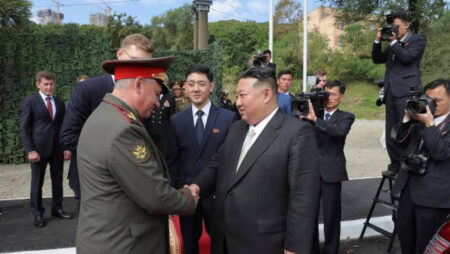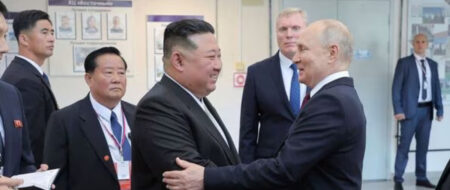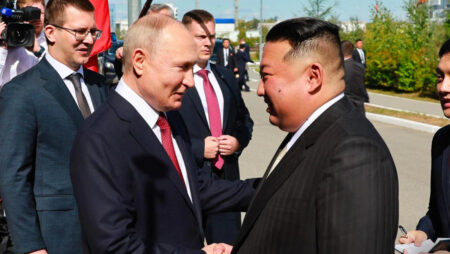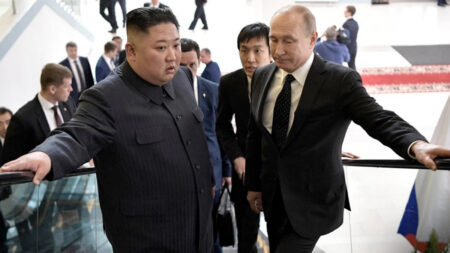As a wave of Covid points spread over the country, North Korean leader Kim Jong-un slammed health authorities and ordered the army to assist with medicine.
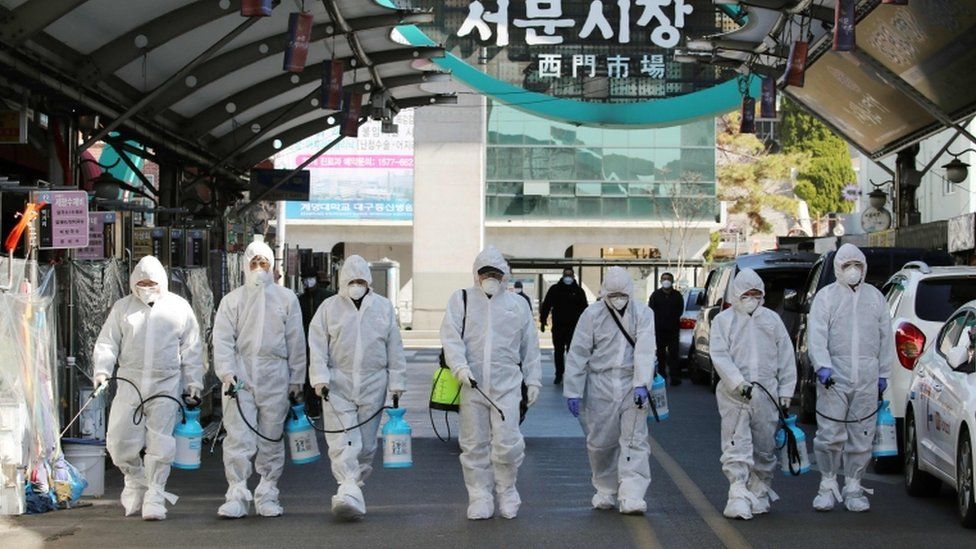
According to Pyongyang’s state media, more than a million people have been affected by the “fever. There have been 50 deaths. However, it is unknown how many of those suspected cases tested positive for Covid.
Because North Korea has limited testing capabilities, only a few examples have been proven. North Koreans are especially vulnerable to the virus because of a lack of vaccines and a weak healthcare system. In the remote country, there is a countrywide lockdown.
According to state media, Mr Kim convened an emergency politburo meeting over the weekend, during which he accused officials of mishandling the allocation of national pharmaceutical stocks.
He directed that the army’s medical corps deploy “strong troops” to “quickly stabilize the supply of medications in Pyongyang City.”
Mr Kim has implemented “extreme emergency” virus measures in the workplace, including lockdowns and gathering limitations.

Last year, the international world handed North Korea millions of AstraZeneca and Chinese-made vaccines, but Pyongyang claimed control over Covid by blocking its borders in early January 2020.
Much of the world appears to have been in North Korea in early 2020. Covid is fast spreading across a population that has not been vaccinated, has little immunity, and has few treatment choices.
The difference is that North Korea has had time to prepare for this and appears to have done nothing. It has instead concentrated on its anti-virus strategy.
It has previously refused immunizations, claiming that it does not require them. It does require them now, but it may be too late. According to health professionals, the most pressing issue is getting antiviral medications into the nation to treat those who are sick.
North Korea, however, must accept assistance for this to happen, and it has yet to do so. South Korean offers of vaccinations and humanitarian help have gone unanswered.
The North is exceedingly unlikely to accept South Korean assistance. Even if this entails rerouting and packaging South Korea’s goods, it will be more tolerable if the offer comes from an international organization like the United Nations.
Accepting assistance and medical treatment poses a danger for North Korea since it requires allowing individuals inside the nation to distribute and administer it. However, the fact that it is disclosing its daily fatalities and case counts is interpreted as an indicator that it requires and desires assistance.
According to Professor Hazel Smith of the School of Oriental and African Studies (SOAS) in London, stringent quarantines have been an integral approach for North Korea in its attempt to contain epidemics such as Sars or Ebola.
She told BBC Radio 4’s Today programme that now that the borders have been overrun, the nation lacks organizational infrastructure and is grappling with basic requirements like “adequate disinfection, power, and running water.”
Prof Smith continued, “Once the pandemic had started, they had difficulty regulating and treating sick individuals.”
North Korea shares geographical borders with both South Korea and China, which have seen outbreaks. China is now battling an Omicron wave with lockdowns in its major cities.
If asked, South Korea has pledged to provide unlimited help to the North, including vaccines, health personnel, and medical equipment.
On Saturday, Mr Kim described the quickly expanding Covid-19 outbreak as a “big calamity”.
The official KCNA news agency reported him stating, “The spread of the malignant pandemic is [the worst] upheaval to descend on our country since its inception.”
Read More : North Korea: Fighting Covid with traditional medicine








